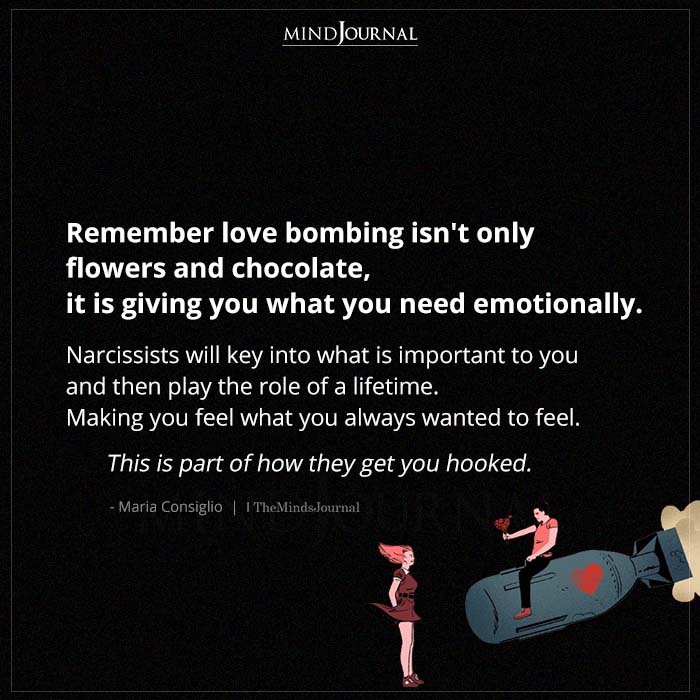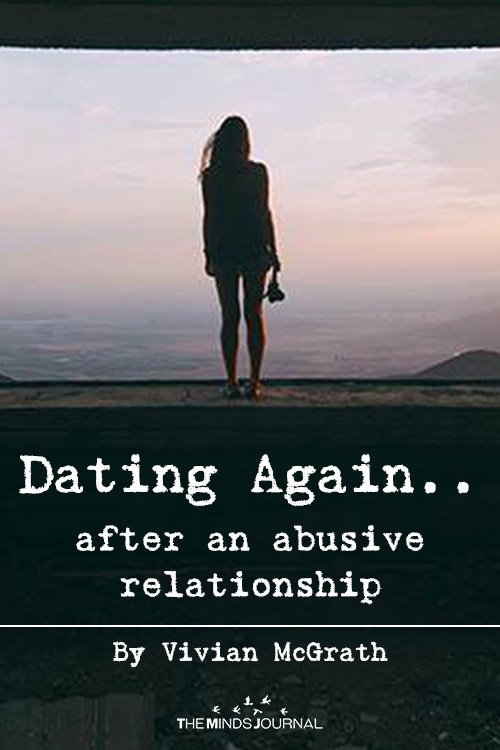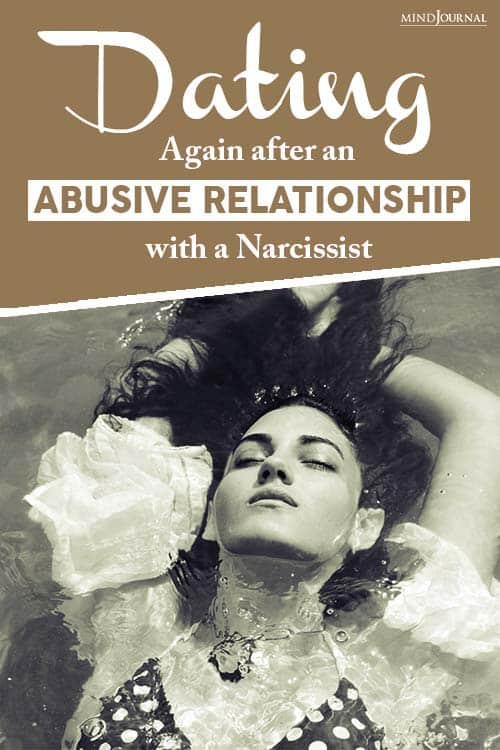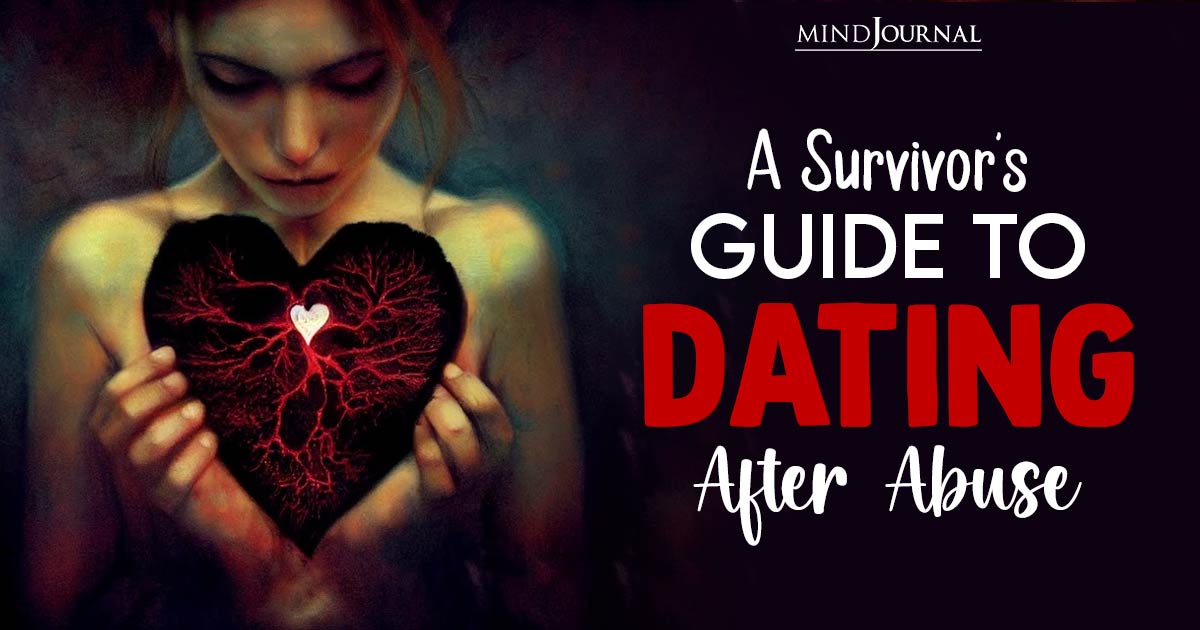While tiptoeing back into the world of dating after abuse, love can trigger scars. Discover how to dodge narcissistic relationships in your next chapter.
One of the scariest things for me, after leaving an abusive relationship, was dating again. I knew my track record in love was bad. After all, my ex had almost killed me!
I’d ignored all the warning signs when I met him. I only saw what I wanted to see and denied the rest. Look how that turned out!
So, I didn’t have huge faith in my instincts or my judgment. Dating after abuse, for me, was daunting. But I was successful in love after that. I remarried. I am still with this gorgeous man now.
He brings out the best in me and I in him. And I am certain we are going to grow old together. So, how did I not fall into the same trap?
How did I not go head first into the next abusive relationship? Like many people who’ve suffered abuse do.
Two things. First, I knew I had to look deep into why my self-esteem was so low.
To understand why not all my emotional needs were met as a child. And to learn how to fill that void of vulnerability.
To nurture my inner child. Only once I built my self-esteem would I attract a man who would treat me as worthy.
The second thing was a revelation to me. I want to share this as I know there are many others for whom this might help.
Related: The Honest Truth About Life After A Toxic Relationship
Things You Need To Know When Dating After Abuse
I’m engaging with many victims and survivors of domestic abuse online. Many are dating after abuse and are like I once was, terrified of doing so.
Or, in the early stages of a new relationship. They’re unsure if they can trust their judgment and are scared of another abusive relationship.
I know the feeling.
One woman started dating after abuse and posted some text messages from a guy she has recently met online.
In them, he calls her his ‘baby girl’ and his ‘princess’. She feared, as she hardly knew him, that this might be a red flag.
Yes! Without question. This is a warning flag with bells on. Why? Because she hasn’t even met the guy yet!
Love bombing
Love-bombing is a typical narcissistic trait. They smother you with attention at first. Tell you that you’re the only one for them.

They promise you a wonderful life of marriage, babies and growing old together. All within weeks of the meeting.
When we are lacking self-esteem and feel vulnerable, this is music to our ears. This fills that hole we feel inside. Narcissists spot our insecurities and are experts at soothing them with words they know we want to hear.
My vulnerability was feeling not good enough. Unlovable.
So, he told me I was the love of his life. Better than anyone who had come before. The one he needed. It sucked me straight in.
Once we’re drawn in deep enough, another side appears. Now they need to bring us down a peg or two. They tell us: You’re ugly, stupid. No-one else would want you That we’re spoilt brats, sluts or bitches. Or we’re having affairs they’ve imagined in their heads.
Related: The Aftermath Of A Relationship With A Narcissist
They show you who they are
My ex-revealed his true self early on with his actions. He showed me warning signs.
Whilst he told me he loved me one minute, he’d erupt in anger and disappear for days the next.
He’d suggest I wear different clothes, or that he didn’t like my friends. Get jealous if I even looked at another guy. But, I made excuses for his behavior.
That’s because I was projecting onto him who I hoped and wanted him to be. Rather than seeing him for who he was. The man he was revealing to me, but whom I was choosing to be blind to.
I was seeing only the things that confirmed my dream of a wonderful life with him. Denying those that were screaming at me that this relationship was no good for me.
I have a lot of mantras that I swear and live by. (I’ve created a whole new category for them on here).
Dating after a narcissistic relationship
If you’re dating after abuse, then this is the one you need: Watch not what they say, but what they do.
Love is a verb, not a noun. You show someone you love them by treating them as loveable. By treating them with respect.
And another mantra:
If it sounds too good to be true, it usually is. Going back to those text messages. If we do watch what this person is saying here. Listen to his language.
My ‘baby girl’ can be beautiful in a loving relationship. My husband often says the same to me. But, in someone you’ve never met? Clang. Warning bell.
It sounds more possessive to me. The word ‘My’ hints at wanting ownership.
‘My Princess’ – again, in the right context, those words can be lovely. But before having even met? Or even in the first few weeks of being with someone?
Related: Finding Peace After A Toxic Relationship
Narcissists put you on a pedestal
It reminds me of how narcissists put you up on a Madonna-like pedestal. You are the one who is different to all the others (read: whores) who came before. You are special.
In the early days, I was. I believed it too. But then I had to live up to that. When he later cut me down and accused me of not being that perfect Madonna, I did all I could to prove I was worthy of his love.
To be that person again. If I could show him I was still that special one, then perhaps that was all he needed to change and I could fix things.
Don’t do as I do.
If you’re dating after abuse, don’t project onto someone else who you hope they’ll be in the future. Or the dream you are imagining in your head. See them for who they are now.
The same is true for when you meet someone who is good for you like I did with the man I am married to now.
At first, I was so scared of my track record. I started seeing signs that weren’t there.
I was projecting onto him my fears that he was another abusive man. Not just sitting back and observing the man he was showing himself to be.
I pushed him away. I caused drama. I was trying to end it before he left me, which I was convinced was going to happen. I am lucky he stuck around!
Once I started to let go. Once I stopped projecting onto him and watched not what he said but what he did. Then I saw he was a good man.
He showed me he cared for me. He didn’t smother me with possessiveness. He treated me kindly. He didn’t swing from adoration to abuse.
His actions complemented his words. Both showed me respect and treated me as worthy, not worthless.
Related: 16 Things That Happen When You Meet a Good Guy After a Toxic Relationship
It is possible to break the cycle and find a healthy long-term relationship after an abusive one. Just don’t project onto them.
When dating after abuse, stay still and read the signs. Watch what they do.
Listen to the language they use. And if it is all too good, too full on, too fast. If their actions don’t match their words. Then for me, that’s a huge red flag.
I’d steer well away from that one. Trust me, it’s better to walk away sooner, rather than later. The further down the road you go with a narcissist, the harder it is to get away from them.
If you’re going back to the dating world after dating a narcissist, here’s a related video:
Written By Vivian McGrath
Originally appeared on Being Unbeatable.com












Leave a Reply